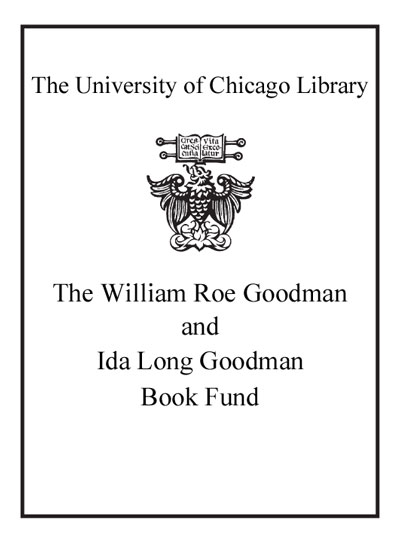Review by Choice Review
Wright (international relations, Christ Church, Oxford) discusses Germany's crucial military and diplomatic decisions in the 1930s and in the initial phases of WW II, taking into account as well the economic and political factors behind them. Examining the conflicting interpretations of Hitler's role, the author argues convincingly that neither intentionalists nor functionalists are wholly right or wrong. Rather, he believes that the fuehrer was firmly fixed on his goals but necessarily plastic in his means of achieving them. Wright skillfully reviews and cites a wide array of published sources. The book's weakest aspect is its failure to analyze racism as an integral part of Nazism. Wright pays attention to the issue in describing the invasion of Poland in 1939, but he lumps Jews in with all other victims of what he mistakenly likens to "ethnic cleansing" and avoids using the word "Holocaust." The author omits many important books that would have added valuable perspective on the integral role of race in the Third Reich, such as Michael Burleigh and Wolfgang Wippermann's The Racial State: Germany 1933-1945 (1991) and Donald McKale's Hitler's Shadow War (CH, Mar'03, 40-4231). With that caveat, scholars and advanced students will find here a useful review of the subject. Summing Up: Recommended. Upper-division undergraduates and above. M. Swartz University of Massachusetts at Amherst
Copyright American Library Association, used with permission.
Review by Choice Review

